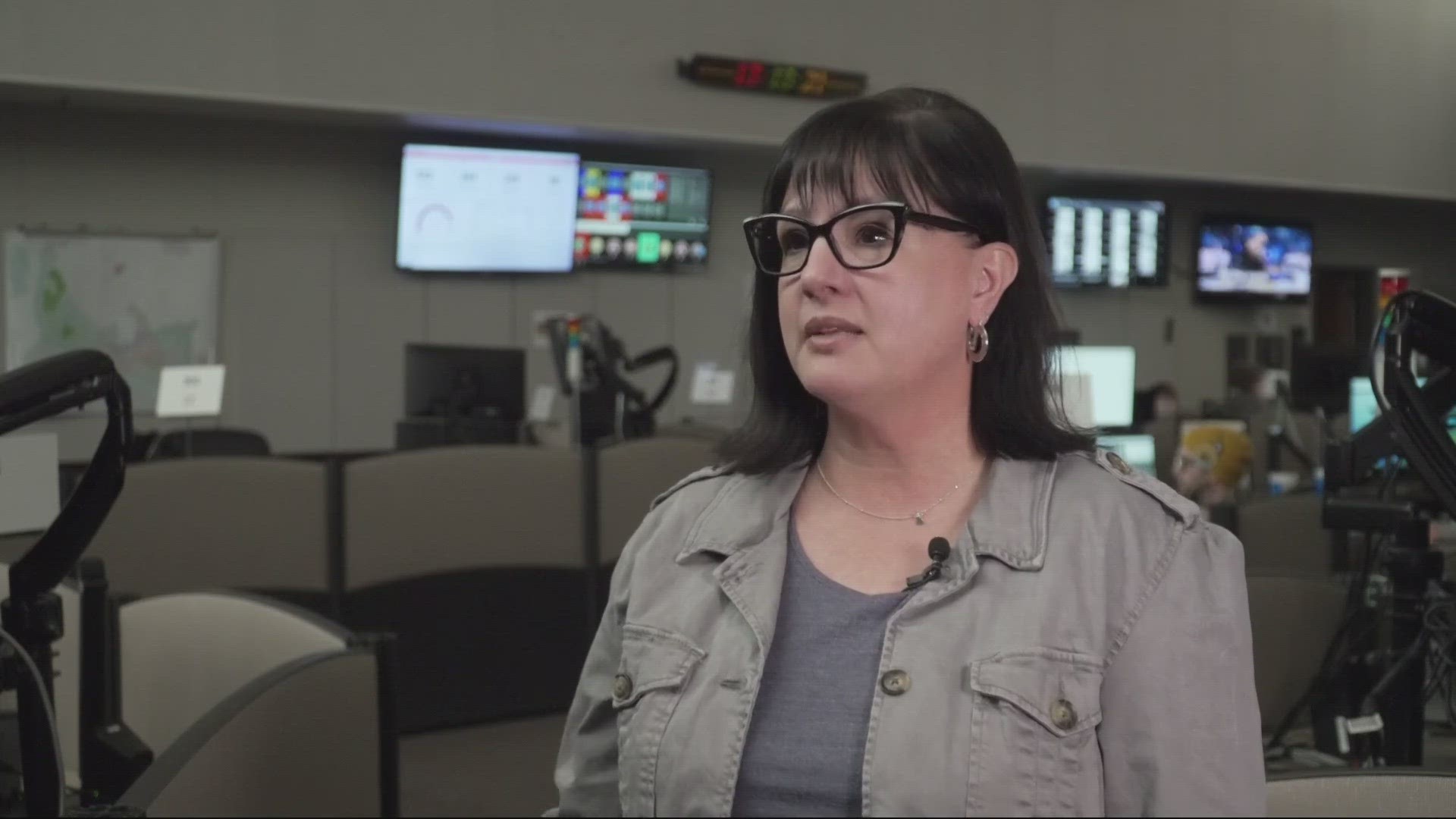VANCOUVER, Wash. — Inside the offices of Clark Regional Emergency Services Agency (CRESA) the 911 system gets very busy, with dispatchers taking all kinds of calls from all parts of Clark County.
That includes about 58,000 medical-related 911 calls a year these days. The majority of the calls are considered emergences but about 14,000 of them are not. The numbers have been growing quickly in both categories over the past few years.
“So one of our initiatives was the nurse navigation, to try and bring some of those lower acuity calls into a different level of service,” said Robb Milano, division chief who oversees emergency medical services at the Vancouver Fire Department and helped bring the innovative 911 nurse navigation program to the county.
Starting May 16, those calls that don't require a firefighter paramedic team and an ambulance paramedic crew will now be helped by nurses trained in emergency medical care routed by dispatchers at CRESA. Proponents say that will help with true life-or-death calls.
“Because often times we won't have the ambulances to send, and so this is going to make it so we have the resource for the high emergent calls that we get,” said Kris Devore, deputy director at CRESA.
The nurse navigators are already working for American Medical Response at a hub in Texas; AMR says they are not only emergency specialists, but trained in doing telephone triage so they know what to ask callers when assessing their needs.
From there nurses can help 911 callers get set up and if needed transported to clinics or possibly onto a telehealth appointment for their medical issues.
This is better for the callers and for the entire health care system, from first responders, to overburdened hospital emergency rooms, according to Rocco Roncarati, AMR’s regional operations director in Southwest Washington.
“The two most expensive routes to medical care are the ambulance and the emergency room; if we can take those patients and divert them to the appropriate level of care it saves the patient cost, it benefits the EMS system and makes those resources available for the more critical calls,” said Roncarati.
It is important to note that you should always call 911 for urgent and potentially life threatening emergencies, and if ever in doubt, it's best to make the call.
“So we would want to make sure that they do continue to use the 911 system if they do need it, but again their primary care physician is also a good resources for lower level type issues that they're having,” said Milano.
The nurse navigation program starts up May 16, when Clark County joins 10 other states and Washington DC, where nurses have already been added to the 911 ranks.

